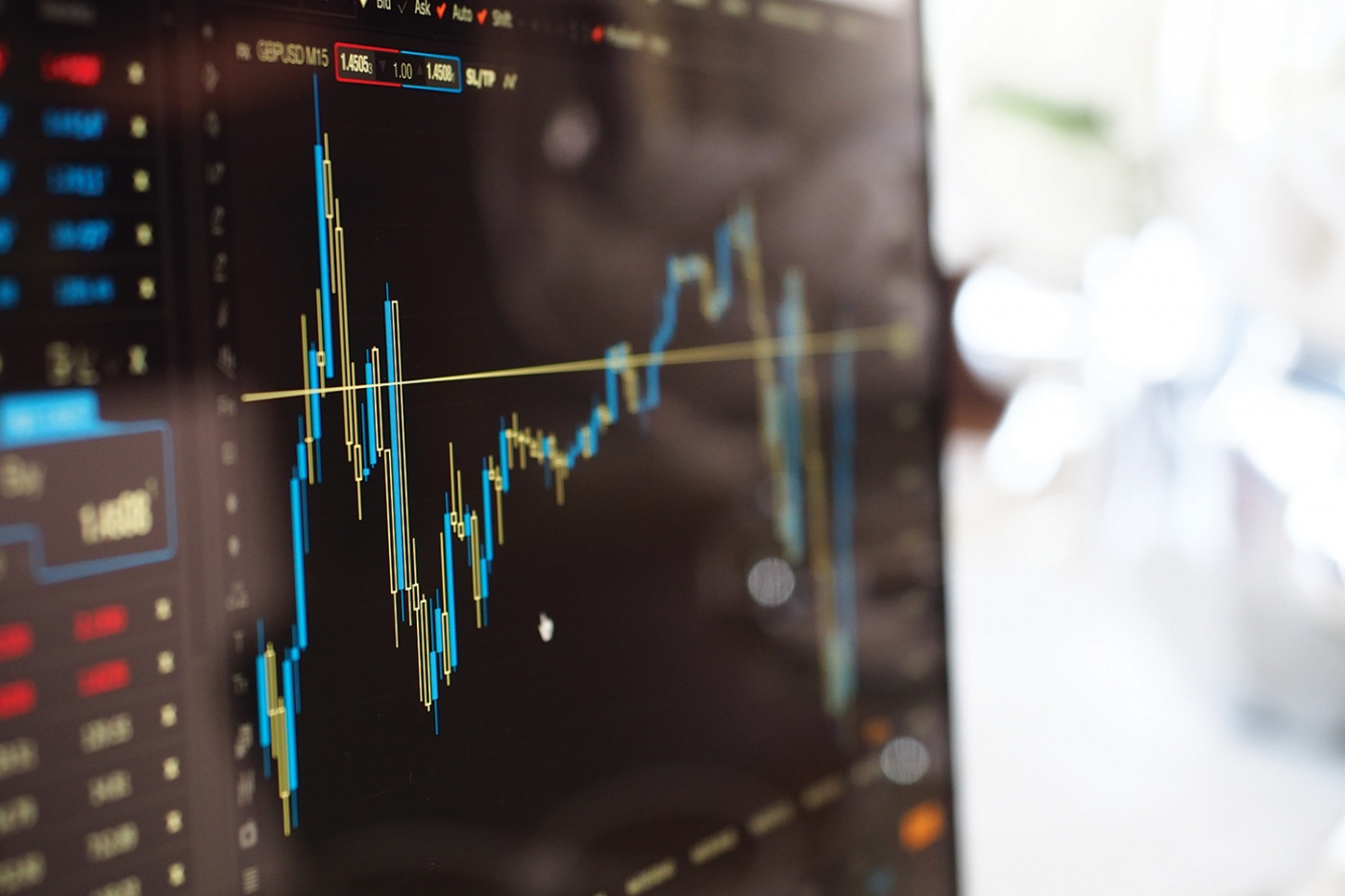Emerging Market Equities: Be Selective
True to form, and in stark contrast to the unusual calm of last year, 2018 has seen a return to more volatile trading conditions in global emerging market equities. The source of that volatility can be traced back to movements in foreign exchange markets. Currencies from India to Mexico, Turkey to Indonesia started to weaken against the dollar when the US long-bond yield breached the crucial 3% barrier back in February.
But whereas currency markets typically weaken on the back of large current account deficits, the volatility in currencies that we have seen thus far is more a function of the movement in tightening US financial conditions and less a function of deteriorating fundamentals in underlying regions. Brazil, for example, does not have a current account deficit, nor does it have an inflation problem and yet the Brazilian real has been caught up in the currency malaise.
Another unusual feature of this wave of volatility has been the dollar strengthening in lockstep with the oil price. For net importers of oil – countries such as Turkey, India and Indonesia in particular – this has exacerbated already worsening trade imbalances. But, while many emerging market economies have been hit by currency woes and the rising cost of oil, in Asia growing trade tensions between the US and China have contributed to negative media headlines.
So, how are we responding to the challenges? Given the falls – the MSCI Emerging Markets Index is down over 6% in sterling terms and over 9% in dollar terms year-to-date, we are of the opinion that we are close to a buying opportunity. In some cases we have already added to our holdings – on the back of the weakening Turkish lira, we bought one of the country’s largest exporters, Turkish automaker, Tofaş. When looking at possible buying opportunities we continue to be selective, patient, and favour companies that can handle tighter financing conditions. And one thing we continue to avoid is businesses with significant amounts of leverage.
But talking with company managements, signs of stress in the underlying fundamentals of the businesses are not yet apparent. Yes, the prices that we pay for our holdings are getting cheaper. But how market moving events filter through to earnings, and the overall value of our companies, is less certain. In terms of valuation metrics, we continue to favour a company’s return on equity (ROE) as a means of measuring quality. The combined ROE of our strategy is 19.4 times versus the benchmark’s 12.6 times. By contrast the price/earnings multiple of the benchmark relative to our strategy is broadly similar. In other words, we continue to find quality companies at reasonable prices.
More generally, we are of the view that good businesses can exist in bad postcodes. Take Brazil, for example. Without crucial social security reform – retiring at 55 is the norm in Brazil – the country is heading for a debt crisis. And yet, good companies, with healthy balance sheets are in evidence. Localiza, Brazil’s largest car rental company is a prime beneficiary of the growth in car leasing. As an example of a secular growth stock, the group’s profitability is driven by behavioural changes and not just changes in the economic cycle.
Brazil aside, secular growth opportunities are also prominent in China. Irrefutably, the country’s growth is slowing down, while US-Sino trade tensions are casting a shadow over the success of the ‘Made in China 2025’ campaign, a project aimed at promoting robotics and artificial intelligence devices. But the rebalancing of China’s growth from an export-orientated economy to one focused on increasing domestic consumption is unlikely to significantly affect prospects for internet giants, Tencent and Alibaba, in our view. Both companies enjoy high returns on invested capital – the key, we believe, to long-term investing. To quote veteran investor Charlie Munger when asking why investors should look for businesses with a high return on capital, ‘… it’s hard for a stock to earn a much better return than the business which underlies it earns.’
Irrespective of short-term market volatility, the key, we believe, to successful investing is to buy quality companies at reasonable prices. During challenging times, one of the most tempting things to do as a fund manager is to be seen to be doing something, even though those who are firm advocates of the benefits of long-term investing believe a buy and hold mentality is infinitely preferable. But if further soothing of nerves were needed, let’s not lose sight of the fact that we are just two years into an emerging market corporate profits cycle that typically lasts five years. Global growth is still reasonable. The inflation back-drop is benign. For now, the emerging markets profits cycle remains intact and opportunities are starting to present themselves.


